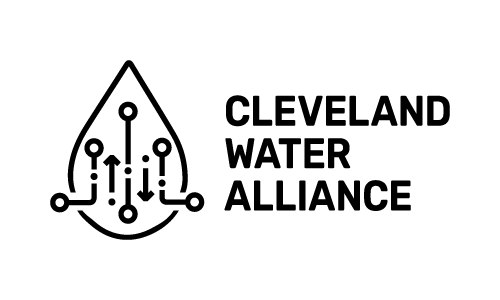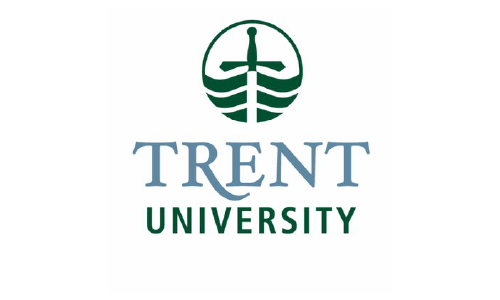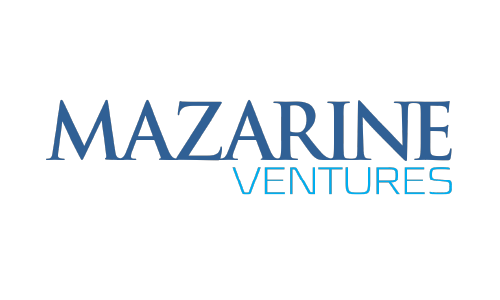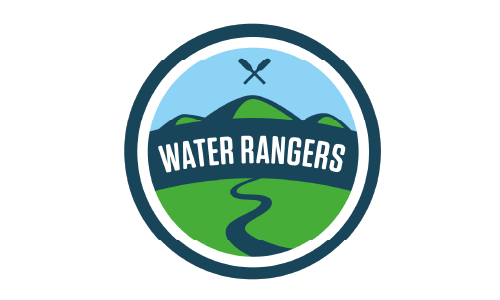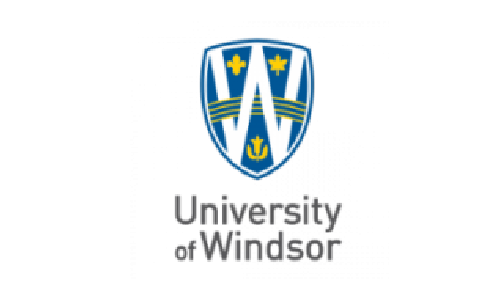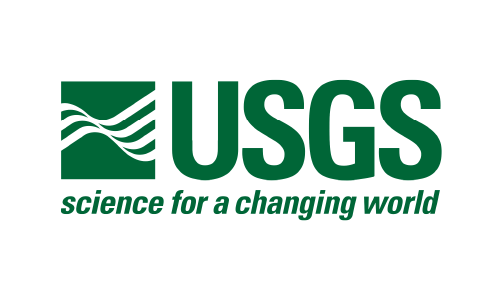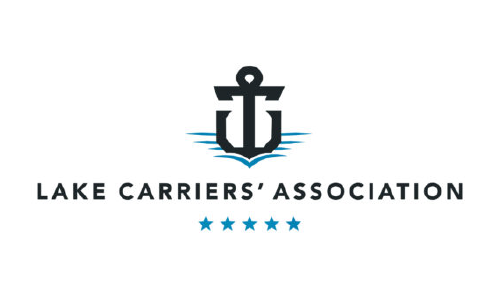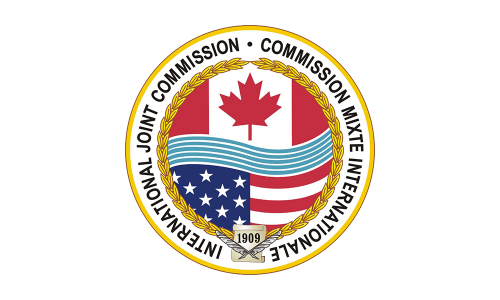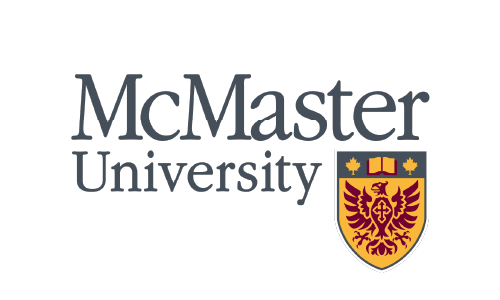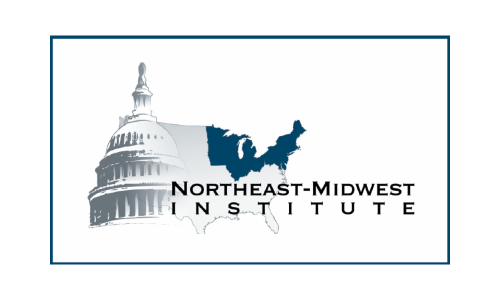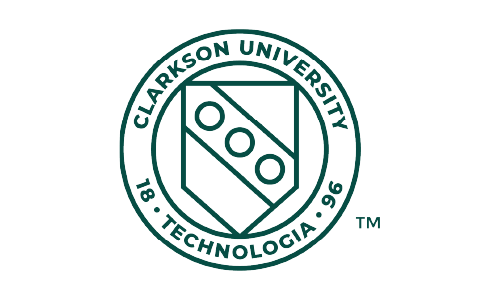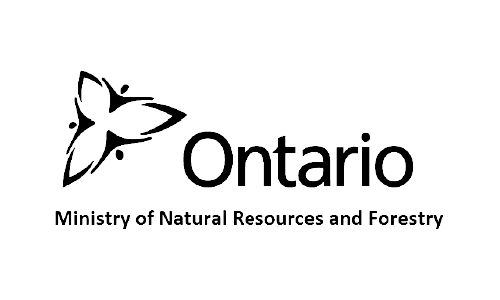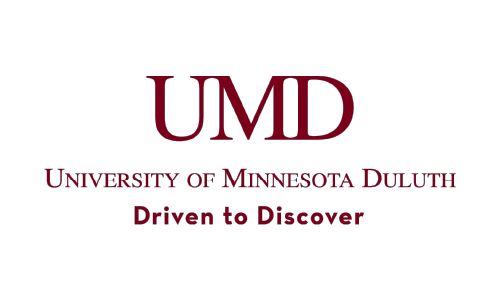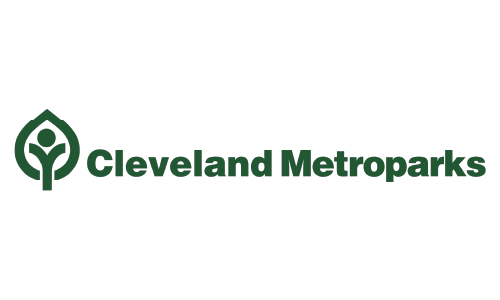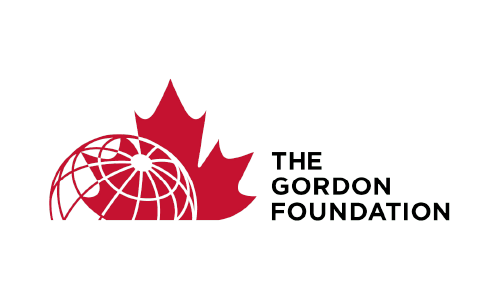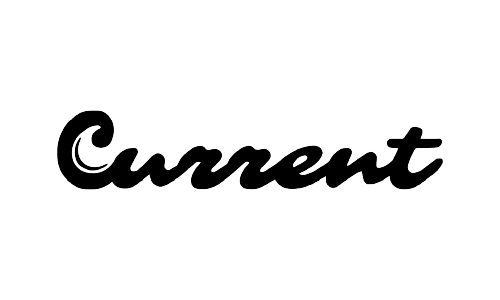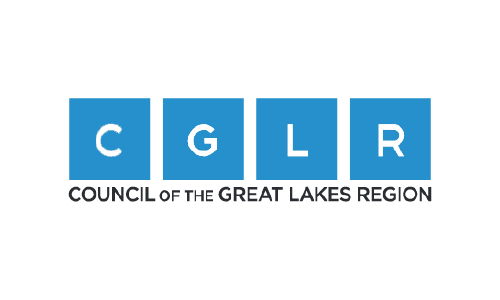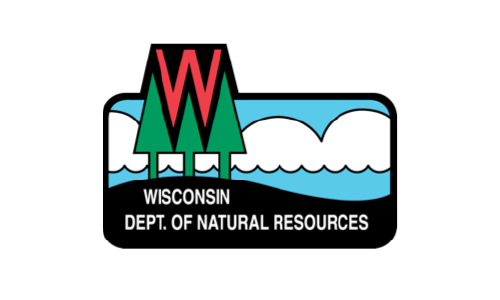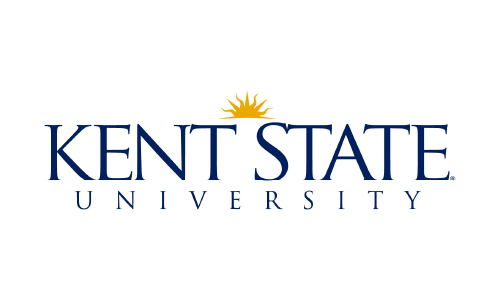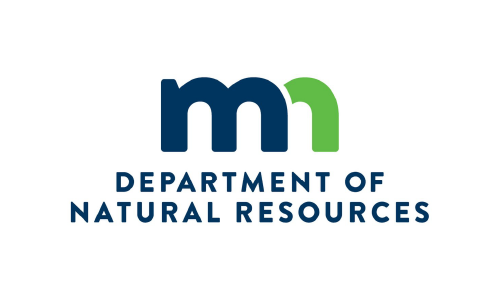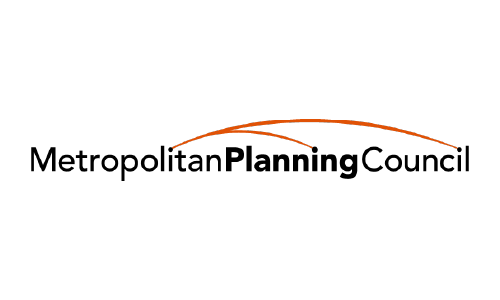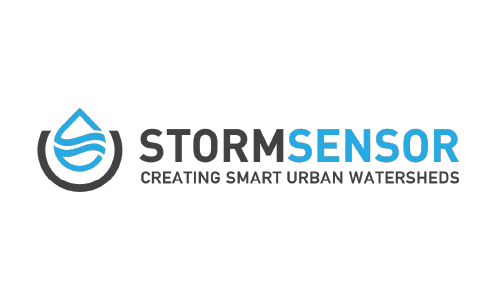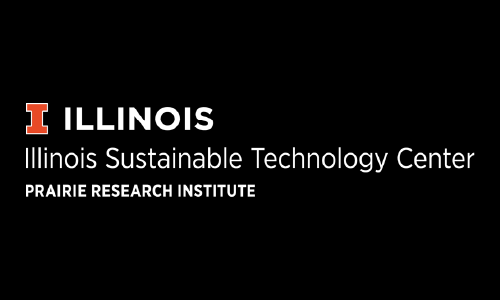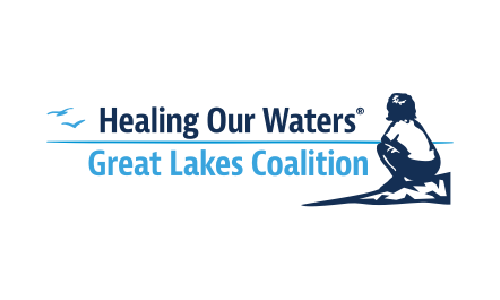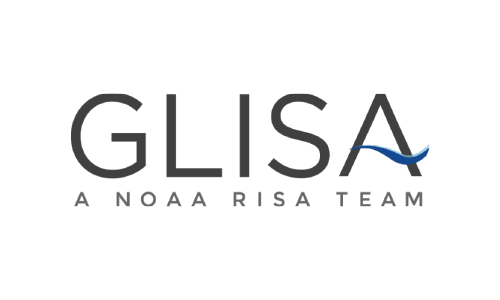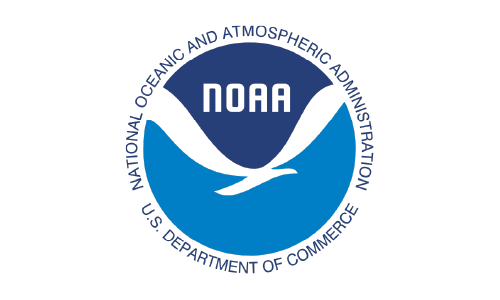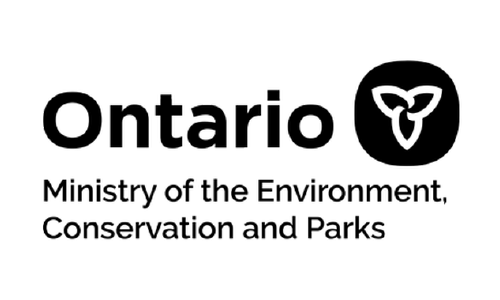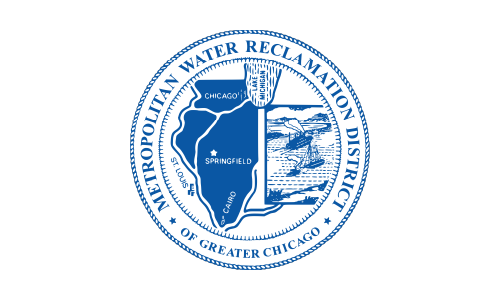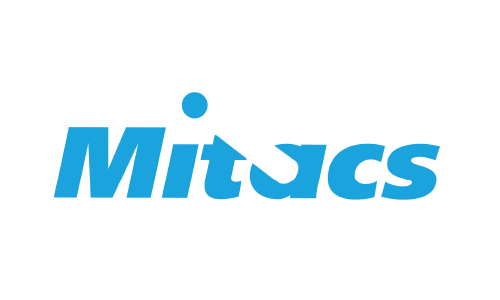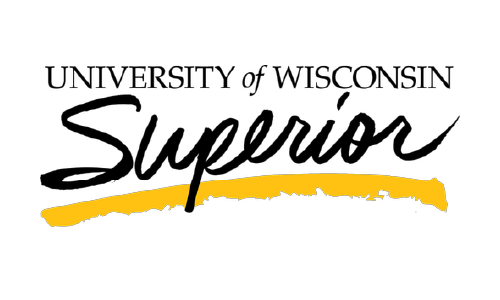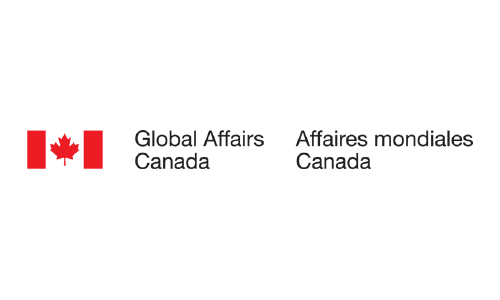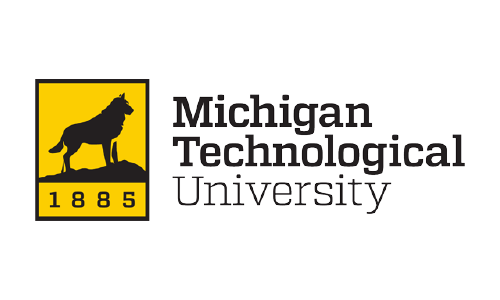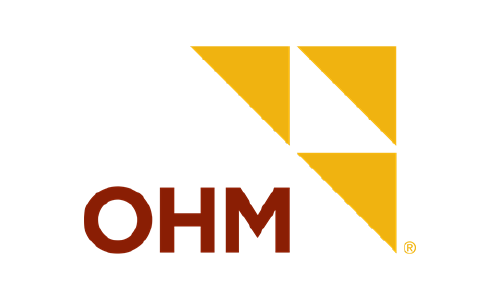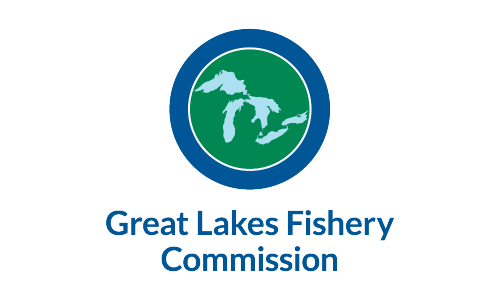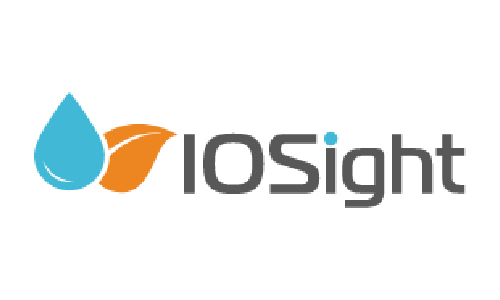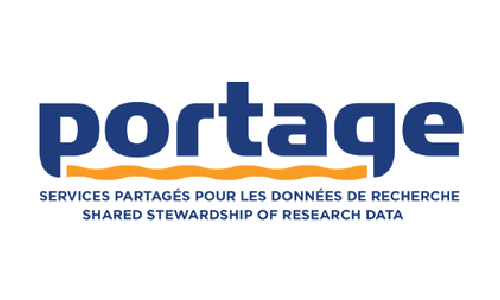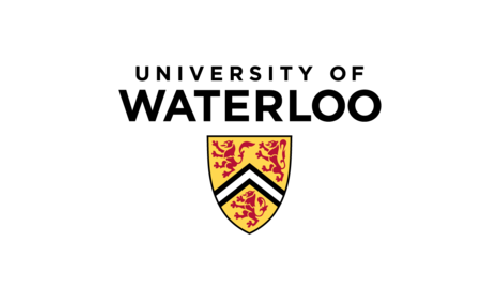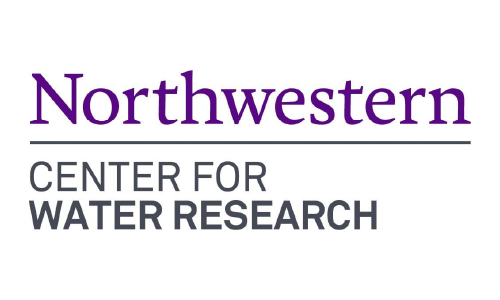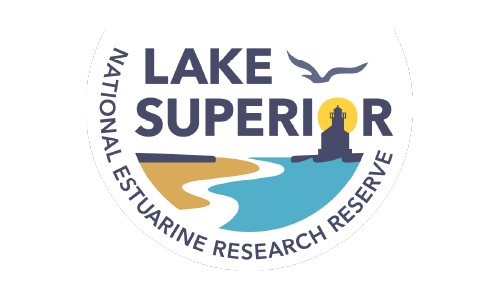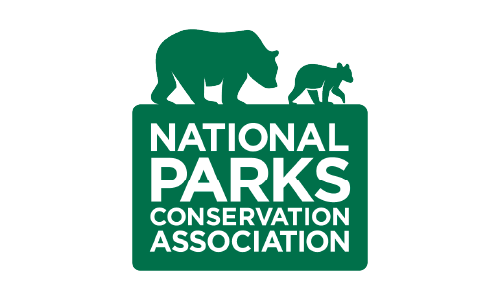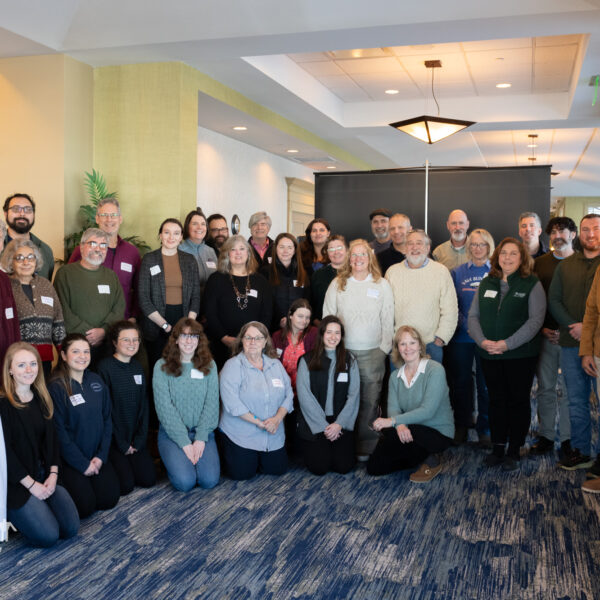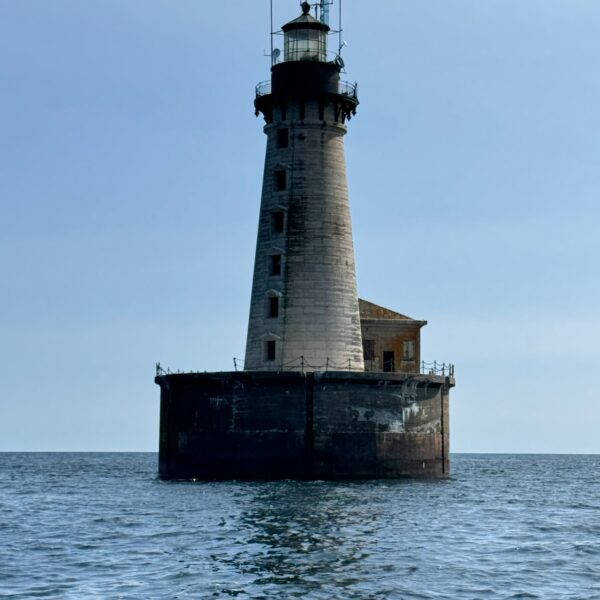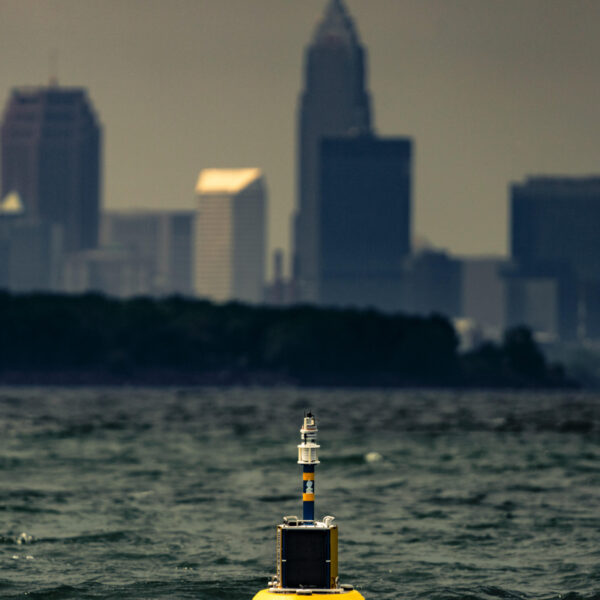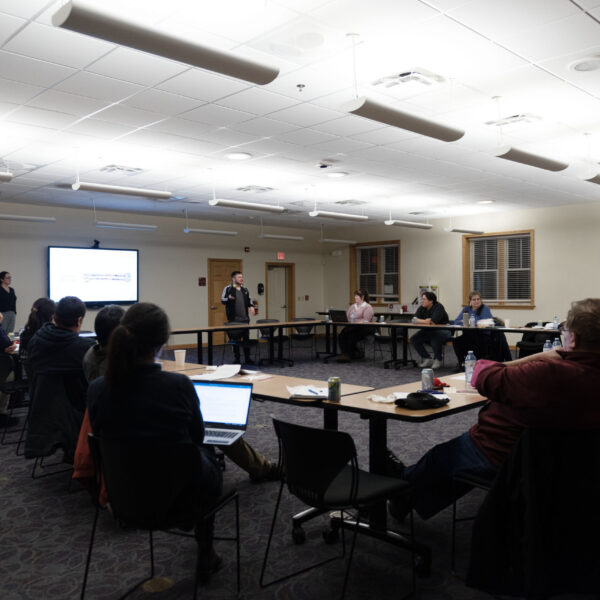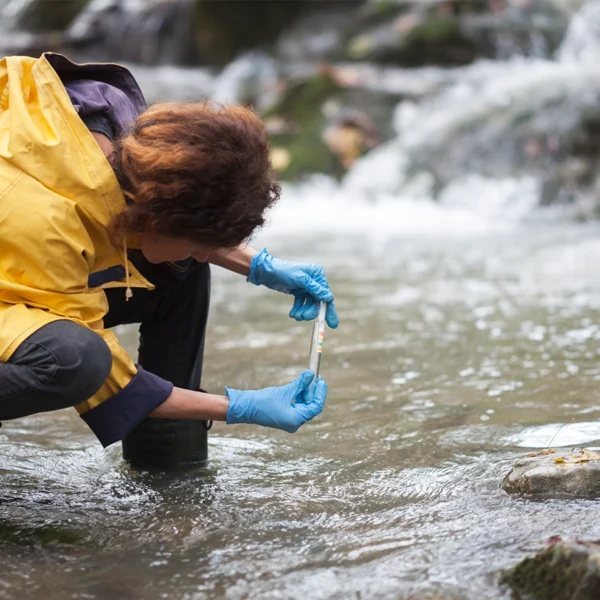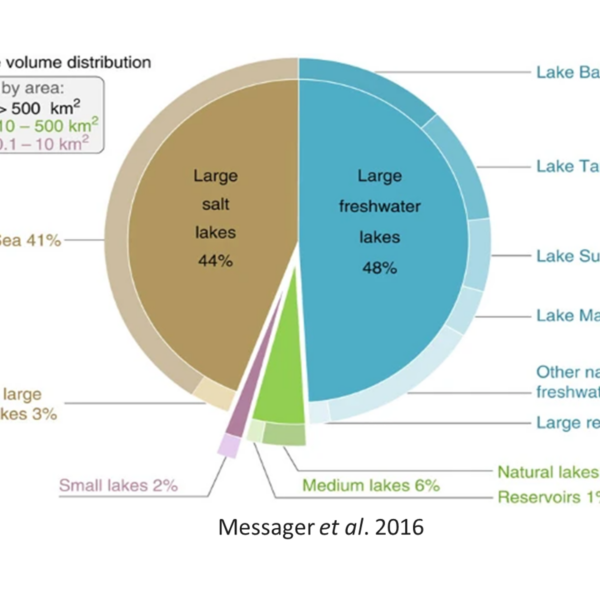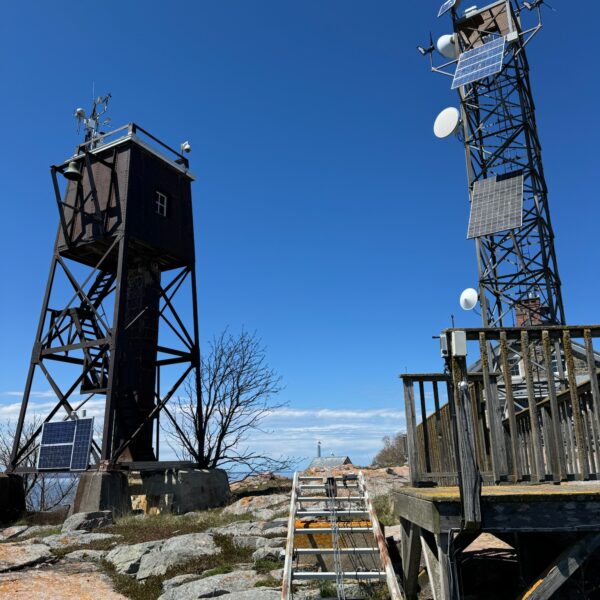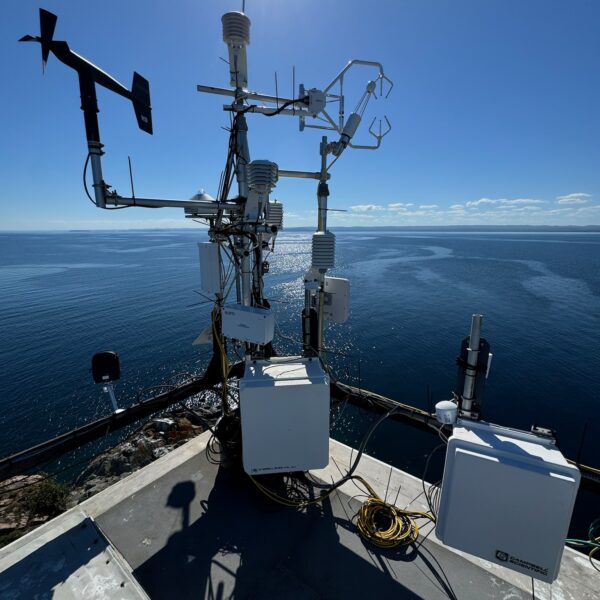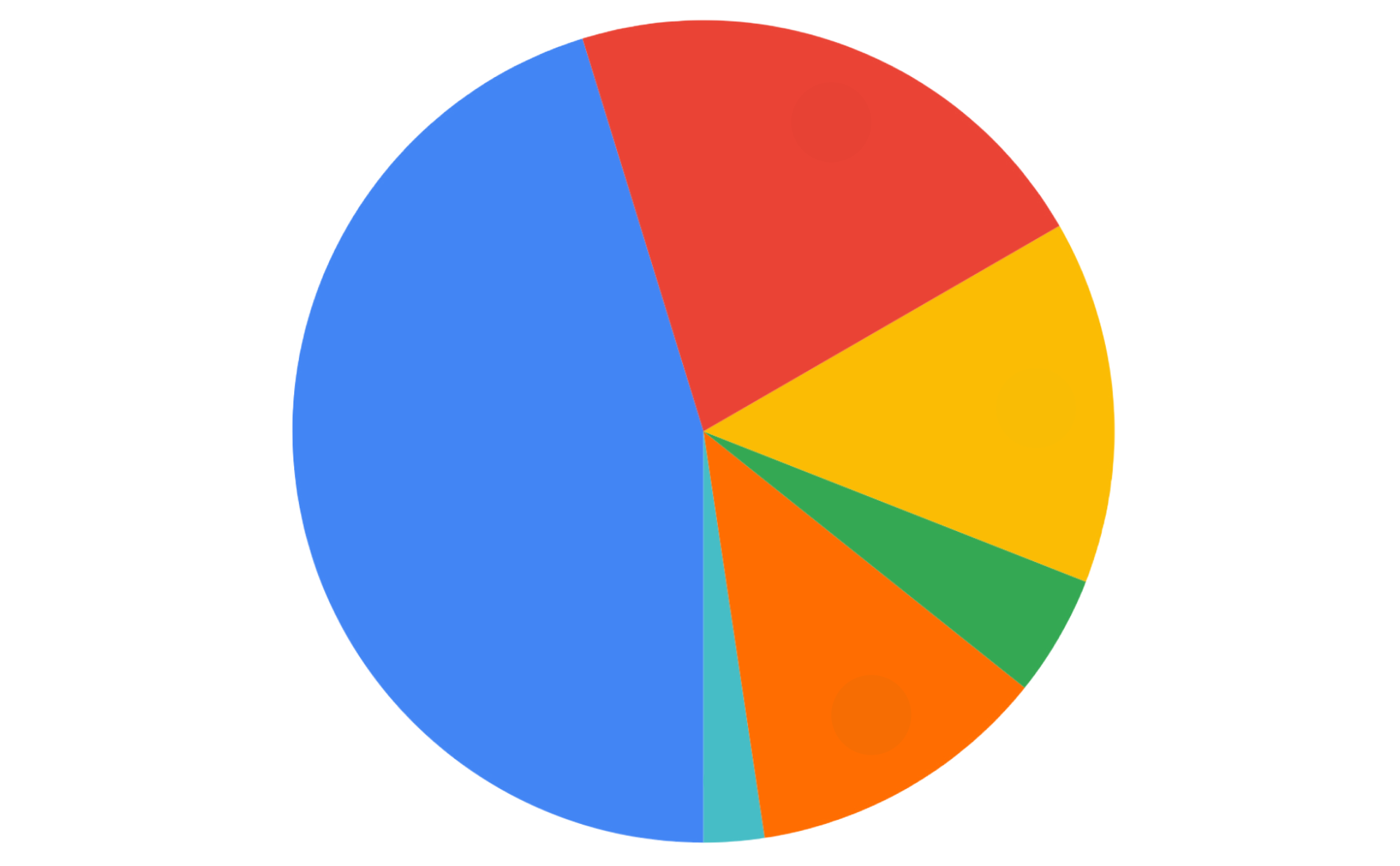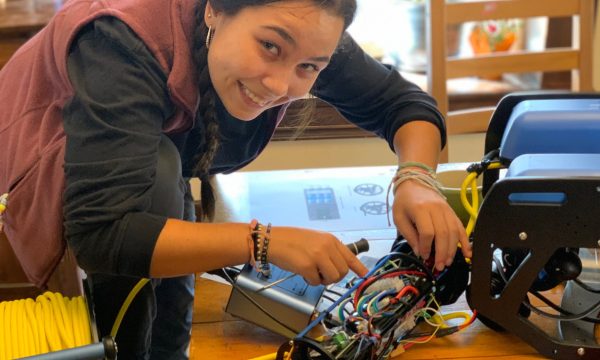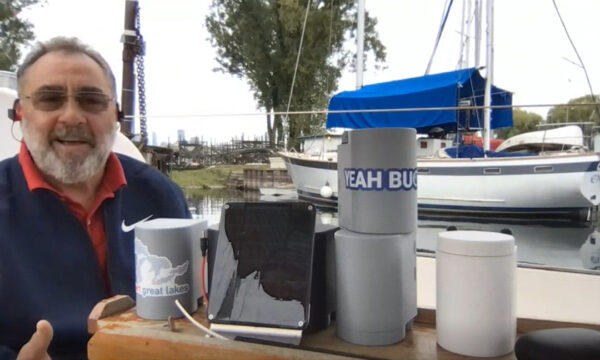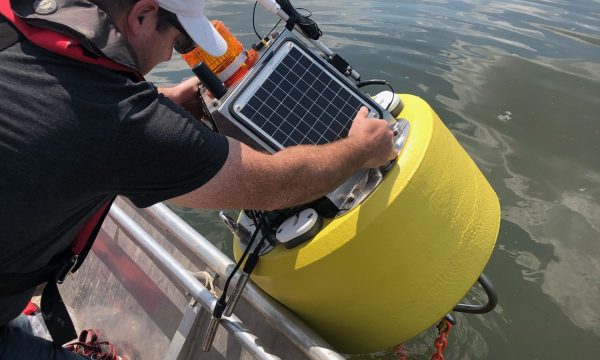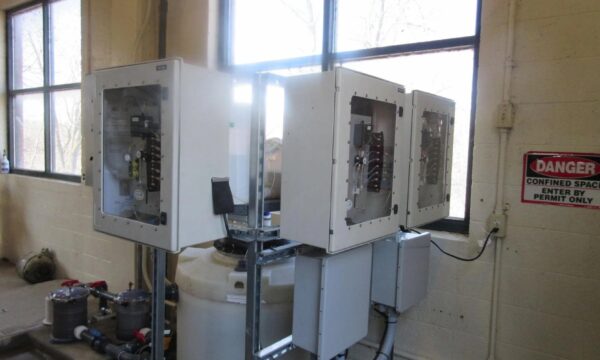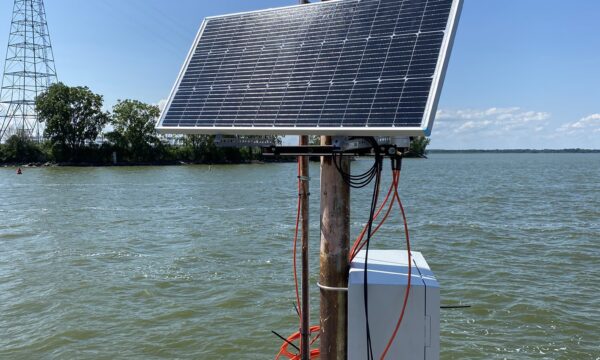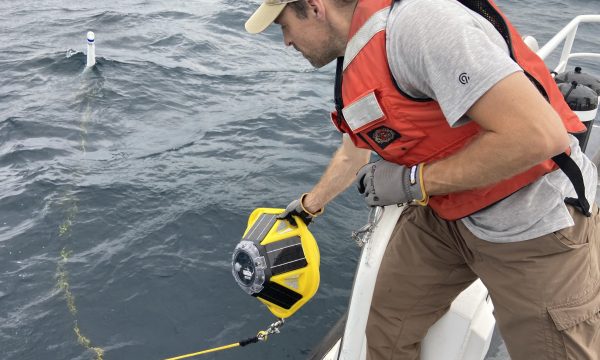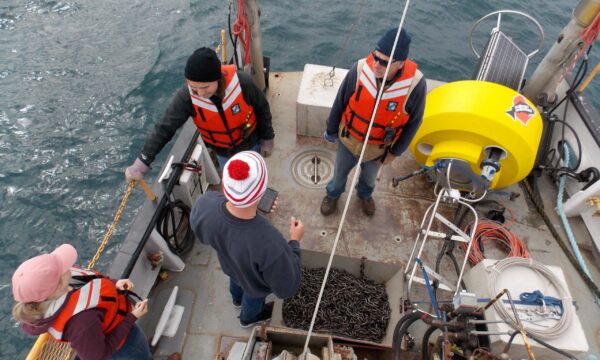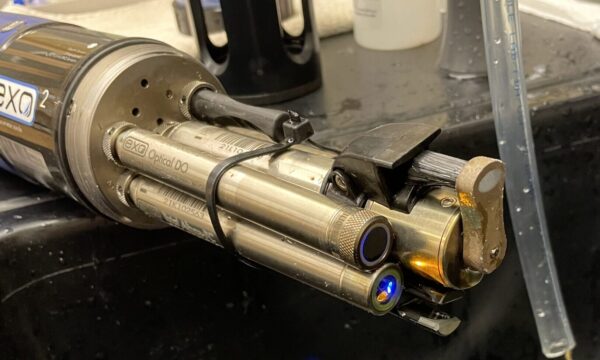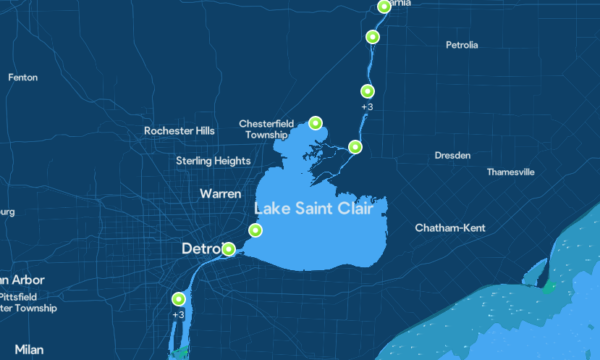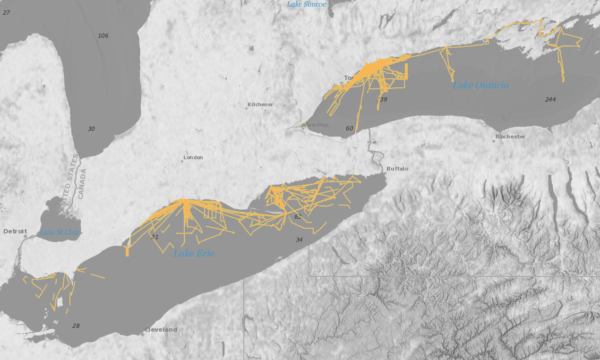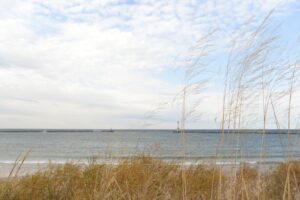Smart Great Lakes
Advancing technology applications that improve our understanding, use, conservation, and management of the Great Lakes.

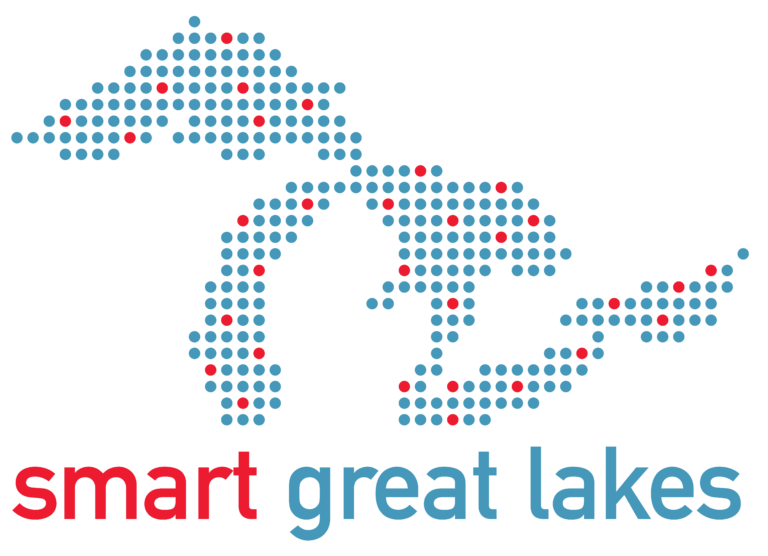
Over the past decade, smart technologies have transformed the world.
Sensors have been deployed across our lives and environments, artificial intelligence has become widely accessible, and our ability to analyze and act on that data has grown exponentially.
But many of the tools available to us today have yet to be applied to the Great Lakes with the full weight of the region’s collaborative spirit behind them. These technologies present a unique opportunity for addressing today’s Great Lakes challenges like never before, from safeguarding drinking water and understanding changing shorelines to preparing for effects of extreme weather events.
To make this vision a reality, in 2019 a group of organizations from the United States and Canada formed the Smart Great Lakes Initiative around common goals and priorities for:
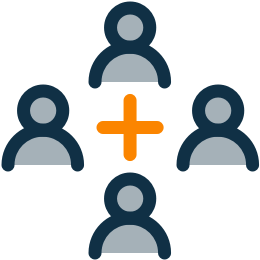
Improving the way a diverse region learns about and responds to lake events
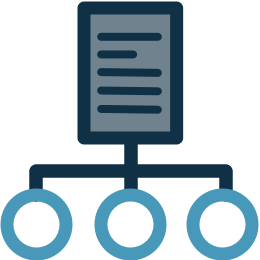
Informing critical policy
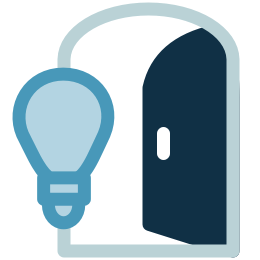
Directing future science and innovation

Science, Innovation, and Technology
Goal 1: Develop novel and interdisciplinary research
Goal 2: Support science, innovation, and technology that improve our ability to identify, assess and respond to stressors and change
Goal 3: Build resilient, adaptable observing systems in support of a swimmable, drinkable, and fishable future

Data and Information
Goal 4: Improve discoverability of Great Lakes data by increasing findability and accessibility
Goal 5: Foster data compatibility by developing a framework supporting interoperability and reusability
Goal 6: Empower data providers to share and access new data by facilitating reuse and access

Policy and Management
Goal 7: Ensure Smart Great Lakes provides opportunities and resources for the Indigenous Tribes, First Nations, and Métis within the Great Lakes basin through respectful engagement
Goal 8: Strengthen Great Lakes-related policies
Goal 9: Invest in Smart Great Lakes
Goal 10: Accelerate SGLi communication, outreach, education, and engagement
SGLi Partner Project Updates
Smart Great Lakes projects continue to progress across the region. Here are a few highlighted projects submitted by SGLi partners, as of February 2025.
These are just a few examples of projects that advance SGLi goals as part of our Common Strategy.
Common Strategy
The Smart Great Lakes Initiative released the “Common Strategy for Smart Great Lakes” on Oct. 5, 2021. Read the press release.
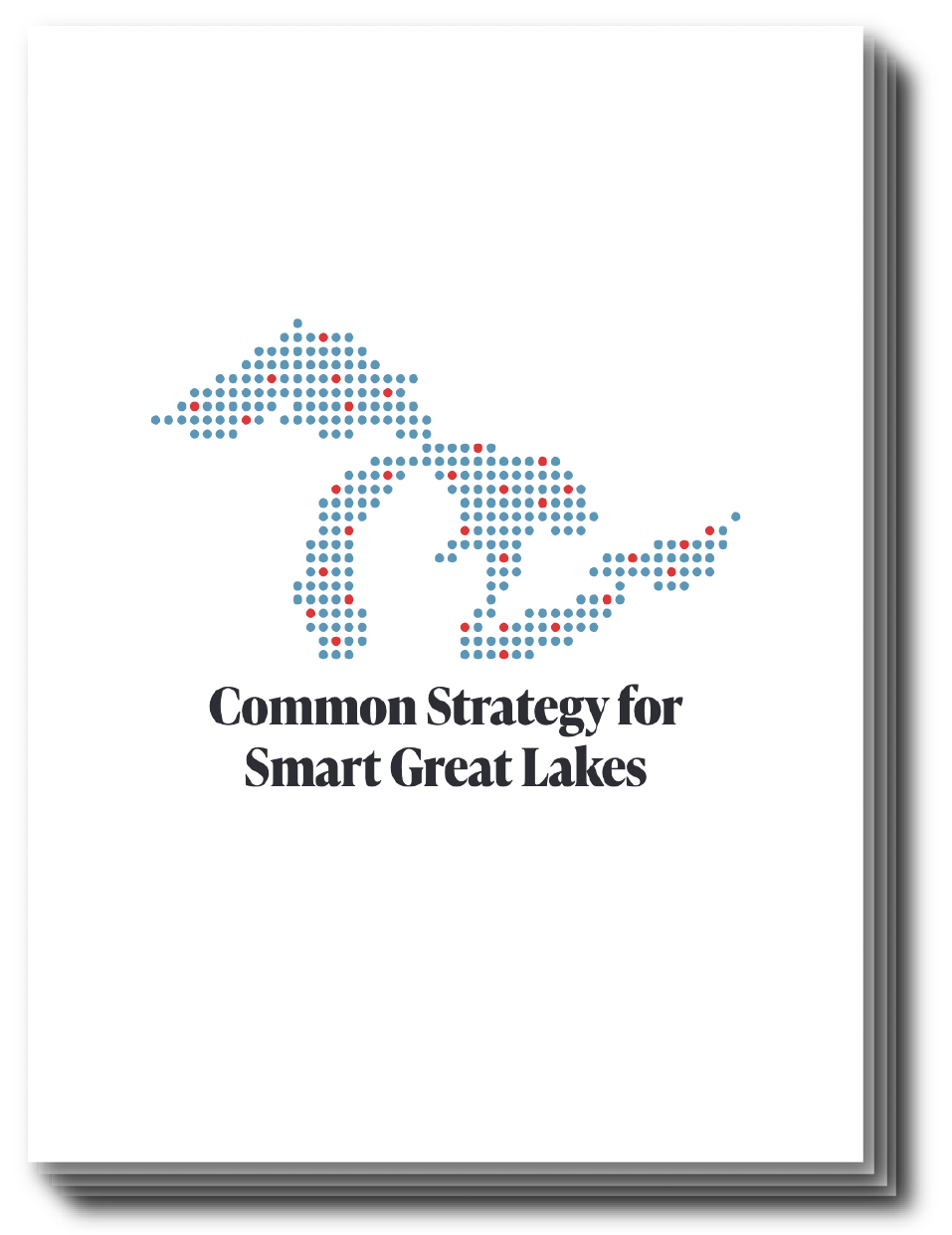
Smart Great Lakes Initiative’s Data and Information Survey Results
The Smart Great Lakes Initiative (SGLi) developed the survey to understand how Great Lakes data are discovered, accessed, and shared. The survey was sent to participants through SGLi partners by email and advertised through GLIN Announce. The 42 responses to the survey were accepted between August 2, 2023 and September 29, 2023.
Who is the SGLi?
Mary-Claire Buell (Canadian Co-chair) – Trent University
Jennifer Boehme (US Co-chair) – Great Lakes Observing System
Aaron Fisk – University of Windsor
Bryan Stubbs – Cleveland Water Alliance
Dean Alonistiotis – Indiana, Illinois, Iowa Foundation for Fair Contracting
Jeanette Schnars – Regional Science Consortium
Krysha Dukacz – City of Hamilton
Tim Kearns – Great Lakes Observing System
Warren Currie – Fisheries and Oceans Canada
With the release of the Common Strategy, the teams below concluded their roles, though some members still participate in ad-hoc working groups.
Steering Committee (Concluded)
A special thanks to all those who served on the Steering Committee and helped launch the SGLi. After publishing the Common Strategy for Smart Great Lakes in 2021, the committee concluded.
Warren Currie (co-chair) – Fisheries and Oceans Canada
Michael Twiss (co-chair) – Clarkson University
Andrew Bramburger – Environment and Climate Change Canada
Dean Alonistiotis – Metropolitan Water Reclamation District of Greater Chicago, Office of Commissioner Kim du Buclet
Deborah Lee – NOAA Great Lakes Environmental Research Laboratory
JC Nelson – U.S. Geological Survey
Jeff Moon – Portage Network
Joel Brammaier – Alliance for the Great Lakes
Kat Kavanagh – Water Rangers
Krysha Dukacz – McMaster University
Mike McKay – University of Windsor
Tom Hollenhorst – EPA Office of Research and Development, Toxicology and Ecology Division
Tom Miller – SpinDance
Data and Information (Concluded)
JC Nelson (co-chair) – U.S. Geological Survey
Andy Chartier – Linked Technologies
Awoke Dagnew – Environmental Consulting and Technology
Benjamin Miller – WeatherFlow, Inc.
Bhaleka Persaud – University of Waterloo
Carolyn DuBois – The Gordon Foundation
Carolyn Foley – Illinois-Indiana Sea Grant
Clinton Little – Minnesota Department of Natural Resources
Craig Hill – University of Minnesota Duluth
Don Arcuri – Great Lakes Fishery Commission US Committee of Advisors
Elliott Quider – Fisheries and Oceans Canada
Guy Meiri – IoSight
Hannah Ramage – Lake Superior National Estuarine Research Reserve
Jeremy Holden – Ontario Ministry of Natural Resources and Forestry
Joe Ortiz – Kent State University
John Lenters – Michigan Technological University
John Robinson – Mazarine Ventures
Katelynn Johnson – Real-time Aquatic Ecosystem Observation Network (RAEON)
Kelly Knee – RPS Group
Linden Brinks – Great Lakes Observing System
Madeline Magee – Wisconsin Department of Natural Resources
Maggie Xenopoulos – Trent University
Marylee Murphy – University of Wisconsin-Superior, Great Waters Research Collaborative
Max Herzog – Cleveland Water Alliance
Ngan Diep – Ontario Ministry of the Environment, Conservation and Parks
Omar Gates – Great Lakes Integrated Sciences and Assessments
Peter Colohan – Internet of Water
Rick Wilson – Conservation Ontario
Steven Cai – StormSensor
Terry Brown – EPA Office of Research and Development, Scientific Computing and Data Curation Division
Tom Hollenhorst – EPA Office of Research and Development, Toxicology and Ecology Division
Vidya Balasubramanyam – Illinois Sustainable Technology Center
Policy and Management (Concluded)
Dean Alonistiotis (co-chair) – Metropolitan Water Reclamation District of Greater Chicago, Office of Commissioner Kim du Buclet
Carolyn O’Neill – Ontario Ministry of the Environment, Conservation and Parks
Chad Lord – National Parks Conservation Association and Healing Our Waters Great Lakes Coalition
Don Arcuri – Great Lakes Fishery Commission US Committee of Advisors
Jennifer Grieser – Cleveland Metroparks
Joel Brammaier – Alliance for the Great Lakes
Katie Rousseau – Great Lakes Observing System
Laura Rubin – Healing Our Waters Great Lakes Coalition
Madeline Magee – Wisconsin Department of Natural Resources
Matt McKenna – Northeast-Midwest Institute
Ryan Wilson – Metropolitan Planning Council
Sophia Green – EPA Office of Research and Development, Toxicology and Ecology Division
Tom Rayburn – Lake Carriers’ Association
Vidya Balasubramanyam – Illinois Sustainable Technology Center
Science, Innovation, and Technology (Concluded)
John Lenters (co-chair) – Michigan Technological University
Kat Kavanagh (co-chair) – Water Rangers
Aaron Fisk – University of Windsor
Aaron Packman – Northwestern University
Alice Dove – Environment and Climate Change Canada
Andrew Barnard – Michigan Technological University
Ann Rosen – Global Affairs Canada
Awoke Dagnew – Environmental Consulting and Technology (ECT)
Benjamin Miller – WeatherFlow, Inc.
Bob Sterner – University of Minnesota Duluth, Large Lakes Observatory
Chris Vandergoot – Michigan State University, Great Lakes Telemetry Observation Network
Craig Hill – University of Minnesota Duluth, Large Lakes Observatory
Ivette Vera-Perez – Mitacs
Jay Austin – University of Minnesota Duluth, Large Lakes Observatory
Jeanette Schnars – Regional Science Consortium
Jennifer Grieser – Cleveland Metroparks
Jeremy Holden – Ontario Ministry of Natural Resources and Forestry
Joe Ortiz – Kent State University
John Robinson – Mazarine Ventures
Laura Bourgeau-Chavez – Michigan Tech. Research Institute
Madeline Magee – Wisconsin Department of Natural Resources
Maggie Xenopoulos – Trent University
Max Herzog – Cleveland Water Alliance
Nathan D. Zgnilec – OHM Advisors
Ngan Diep – Ontario Ministry of the Environment, Conservation and Parks
Shelby Brunner – Great Lakes Observing System
Steven Cai – StormSensor
Svetlana Taylor – Current
Tom Hollenhorst – EPA Office of Research and Development, Toxicology and Ecology Division
SGL Mini-grants
Early in 2021, GLOS launched a mini-grant opportunity to help put more lake information in peoples’ hands and to support the Smart Great Lakes Initiative.
The diverse projects involved deploying new buoys, equipping old platforms to share data publicly, connecting platforms from the watershed, and supporting an Indigenous community-led monitoring effort.
Want to get involved?
Contact Katie Rousseau, Strategic Initiatives Manager, to get started.
Get Smart Great Lakes news
Updates via the monthly GLOS newsletter
